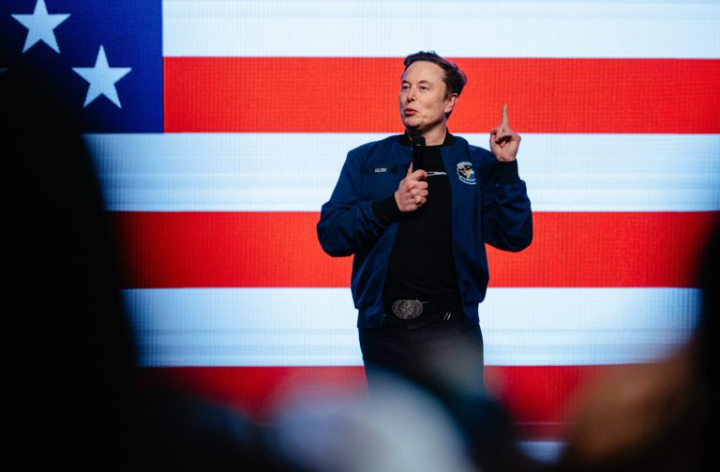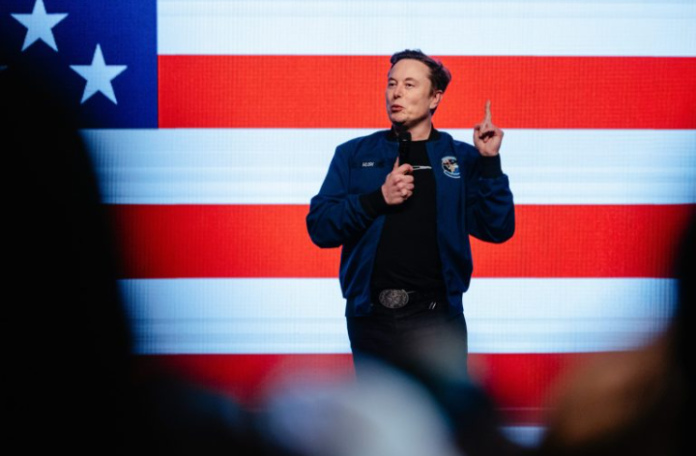Elon Musk’s Department of Government Efficiency (DOGE) has gained access to the payroll system overseeing 276,000 federal employees, raising serious concerns about privacy, cybersecurity, and the potential for government overreach. Experts warn that this level of access could grant the government unprecedented control over sensitive personal information.
DOGE’s Growing Influence Over Federal Data
Over the weekend, DOGE secured access to the Federal Personnel Payroll System, a database housed within the Department of the Interior. This system processes payroll for key federal agencies, including the Air Force, U.S. Customs and Border Protection, the Department of Homeland Security, Treasury, and Justice.
According to anonymous sources cited by The New York Times, this access gives DOGE the ability to view employees’ Social Security numbers and even influence hiring and firing decisions. This move has sparked fears about data security, with critics warning that it could expose sensitive government information to cyber threats.
Attempts by senior IT officials to resist DOGE’s access reportedly led to their administrative leave, with some now under investigation for “workplace behavior.”
Musk Defends Data Access, Cites Fraud Prevention
Musk has defended DOGE’s control over federal payroll data, arguing that it is necessary to eliminate government waste and fraud.
“These databases don’t talk to each other,” Musk explained in a recent Fox News interview. “That’s the biggest vulnerability for fraud. We need to reconcile them—it’s a painful but necessary task that will ultimately improve government efficiency.”
However, transparency advocates and legal experts remain skeptical, questioning whether DOGE’s true motives extend beyond fraud prevention.
A Power Grab or an Efficiency Overhaul?
Over the past few months, DOGE has also gained access to the Internal Revenue Service (IRS) and the Social Security Administration (SSA). These agencies store highly sensitive data, including bank account information, tax records, and lifetime earnings.
Policy experts warn that consolidating such vast amounts of personal information could lead to unforeseen consequences.
“Access to this data gives the federal government an unprecedented level of power and control,” said Elizabeth Laird, director of equity in civic technology at the Center for Democracy and Technology. “We’ve never seen anything like this before.”
The Bigger Picture—Trump’s Playbook?
Some analysts suggest that DOGE’s data collection aligns with former President Donald Trump’s broader administrative goals. During his first term, Trump’s administration pushed for increased data-sharing between federal agencies, particularly to streamline immigration enforcement.

Last month, Trump signed an executive order eliminating “information silos,” allowing federal agencies full access to unclassified records and government databases.
“If you look at the data environment DOGE is trying to create, it mirrors what the Trump administration aimed to do in their first term,” Laird noted. “But instead of using the data for immigration enforcement, this time it’s framed as fraud prevention.”
Legal Challenges and Privacy Concerns
DOGE’s expanded access has triggered multiple lawsuits, with more than a dozen legal challenges arguing that it violates the Privacy Act of 1974. This law, enacted after Watergate, restricts the sharing of private information without individuals’ consent.
Even beyond legal and cybersecurity concerns, experts question whether this unprecedented data consolidation is truly beneficial.
“Something can be legal, private, and secure,” Laird said. “But that doesn’t mean it’s a good idea.”



